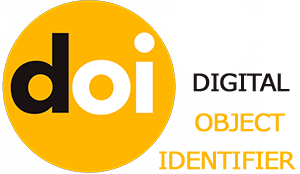Prospects for implementing decentralized ledgers to record and verify international legal obligations
DOI: 10.32523/3079-7888-2025-13-1-75-84
Views: 115 / PDF downloads: 68
DOI:
https://doi.org/10.32523/2791-0954-2025-13-1-75-84Keywords:
distributed ledger technologies, blockchain, international obligations, international law, smart contracts, digital diplomacy, Paris Agreement, UNCITRAL Model Laws, OECDAbstract
The article discusses the prospects of implementing decentralized ledgers based on blockchain technology for the establishment and verification of international obligations in various fields. A comparative analysis of traditional liability accounting systems and new solutions based on distributed technologies has been carried out. Specific successful cases of the implementation of blockchain platforms, such as the TradeLens platform for the digitalization of international trade and the Climate Action Data Trust for environmental agreements under the 2015 Paris Agreement, have also been examined. The article discusses the legal aspects of blockchain in international law, including the provisions of the UNCITRAL model laws, OECD recommendations and the challenges of legal recognition of digitally recorded data. It finds that decentralized technologies can significantly increase transparency, trust and the speed of implementation of international obligations, but those legal and political challenges need to be overcome. Conclusions are drawn on the need for further harmonization of international legal norms and standards for the widespread adoption of blockchain technologies. The paper identifies opportunities for international organizations and states to develop legal and technical infrastructure for the effective use of distributed ledgers in various areas of international relations.


